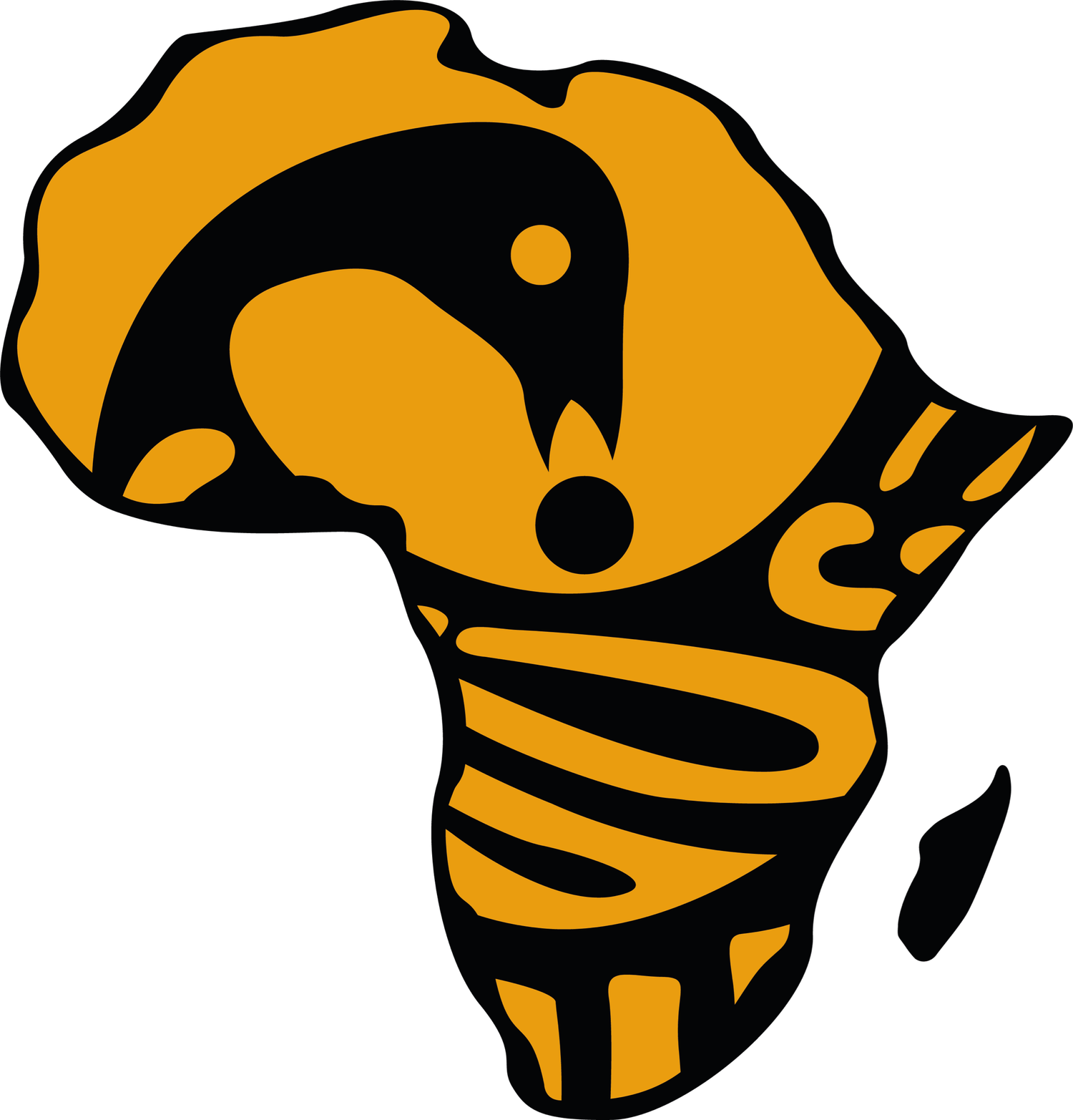Pan-Africanism Across the Continent
Click here to download this lesson in slideshow format
Welcome to Liberation Philosophy Level 1, Lesson 4: Pan-Africanism Across the Continent
In this lesson, you will learn about:
Examples of pan-African alliances
Pan-African leaders throughout history
Objectives
At the end of this lesson you will understand:
What happened with the Ndongo Kingdom
What the Bambatha Rebellion was
Who Kwame Nkrumah was
Who Patrice Lumumba was
That practical pan-Africanism is possible
Why a collective pan-African revolution is the route to freedom
Pan-African alliances have been formed across Africa for thousands of years. African leaders, royalty and everyday citizens have engaged in acts of pan-Africanism throughout history, opposing injustice and promoting unity.
The first political acts resembling pan-Africanism in recorded history occurred in Kemet, 2700 years ago. During this period, Kemet had been invaded by the Hyksos, a people from Asia. In response, the people of Kemet went to Kush, an African kingdom to the south, to ask for help. This led to a Kushitic-Kemetic alliance as the two kingdoms worked to repel Hyksos invaders.
In the 17th century, the Portuguese were heavily involved in the Trans-Atlantic Slave Trade. In the regions known today as Angola and DR Congo, alliances were formed to oppose the Portuguese enslavers. The kingdom of Ndongo allied with the kingdoms of Kongo and Jaga, and the three nations fought off the Portuguese. The African state of Matamba then joined forces with these kingdoms as the Portuguese were pushed back from this area of the continent.
When Marcus Garvey formed the Universal Negro Improvement Association (UNIA) in 1914, the organisation blossomed across Africa. Although Garvey himself never set foot on the continent, his philosophy and teachings were embraced by many. Nigeria, South Africa, Ghana, Namibia, Liberia and Sierra Leone all had UNIA branches through the 1920s. African people that were hundreds, perhaps thousands of miles apart identified with each other and unified against their common oppressors.
Garvey’s Negro World newspaper was circulated amongst African freedom fighters and workers alike, with stories of Black resistance inspiring readers. Anti-colonial leaders from Kenya, Malawi, Ghana and Nigeria were all in contact through Garvey, who helped them link their struggles. Garvey also inspired uprisings in the Congo and Uganda. His teachings were so powerful that much of his work was banned by colonial governments, and Garveyites across Africa were often imprisoned or deported.
The Bambatha rebellion of 1906 saw the people of South Africa rise up against the growing system of apartheid. Leaders from anti-colonial African movements across the continent, such as the Ethiopian Movement, aided this uprising, calling for “Africa for the Africans.”
Italy invaded Abyssinia (modern-day Ethiopia) in 1935. Their fascist practices, such as the use of poisonous gas and the setting up of concentration camps, caused the global Black community to respond. Black people from St. Lucia, Jamaica, South Africa, the USA, Britain and Ghana all offered to go and fight for Abyssinia. Jamaican Rastas enlisted in the Abyssinian army and South African labourers, who were organised through Garveyism, marched up the continent to assist their fellow Africans.
Pan-African conferences were held at various locations across the world, the first of which was in London in 1900. In 1974, the 6th Pan-African Congress was held in Dar es Salaam, Tanzania. Anti-colonial leaders and thinkers, such as Julius Nyerere and C.L.R. James, used this congress to call for true African unity.
The 1950s and 1960s saw many anti-colonial movements rise up and declare African independence. Kwame Nkrumah led the Gold Coast to independence from Britain, renaming the nation Ghana. Influenced by Marcus Garvey, Nkrumah declared for a unified, independent African continent, stating; “Our independence is meaningless unless it is linked up with the total liberation of Africa.” Nkrumah wrote a book entitled Africa Must Unite which outlined why African unification was so important.
Ghana was the first Black African country to declare independence in 1957. By September 1960, 16 African nations were independent. Anti-colonial demonstrations and rebellions against the Belgian government led to Congo’s independence in 1960. Patrice Lumumba, a leader of these movements and Prime Minister of the newly independent nation, linked the struggle of the Congolese people to the struggle of Africans everywhere. Ghana under Nkrumah, Congo under Lumumba, and Guinea under Ahmed Sékou Touré, all attempted to forge a financial alliance, but this was blocked by the United Nations.
Amilcar Cabral of Guinea-Bissau, Steve Biko of South Africa, Thomas Sankara of Burkina Faso, and Julius Nyerere of Tanzania all engaged in pan-Africanism. Sankara famously called on African leaders to collectively stop paying their debts to former colonisers.
Apartheid in Southern Africa lasted from 1948 to 1994. Throughout this time, many Africans collectively aided and resisted this racist political system. In 1974, Agostinho Neto’s political party MPLA took over from the Portuguese colonists of Angola. The MPLA was a fierce opponent to apartheid and in response to their independence, the apartheid government invaded Angola. They imprisoned and tortured children and forced adults into concentration camps, as they had done in both Namibia and South Africa.
This led to Cuba deploying 36,000 troops into Angola between 1975 and 1976. Cuba, Namibia and Angola joined forces against the apartheid regime. Many of the Cuban troops were not only Black, but were women, and fighting lasted for years. At the Battle of Cuito Cuanavale in 1987, the Cubans, Angolans and Namibians defeated the apartheid forces. This led to Namibian independence, Angolan freedom and the steps towards the end of formal South African apartheid.
Many Black Cubans stayed in Angola until 1991, giving the Angolan army the military training required to fight effectively. Angolan soldiers were taught how to shoot European aircraft from out of the sky! Pan-Africanism has been the most effective response to African oppression, and throughout history, Africans have defeated forces as a collective with these principles.





